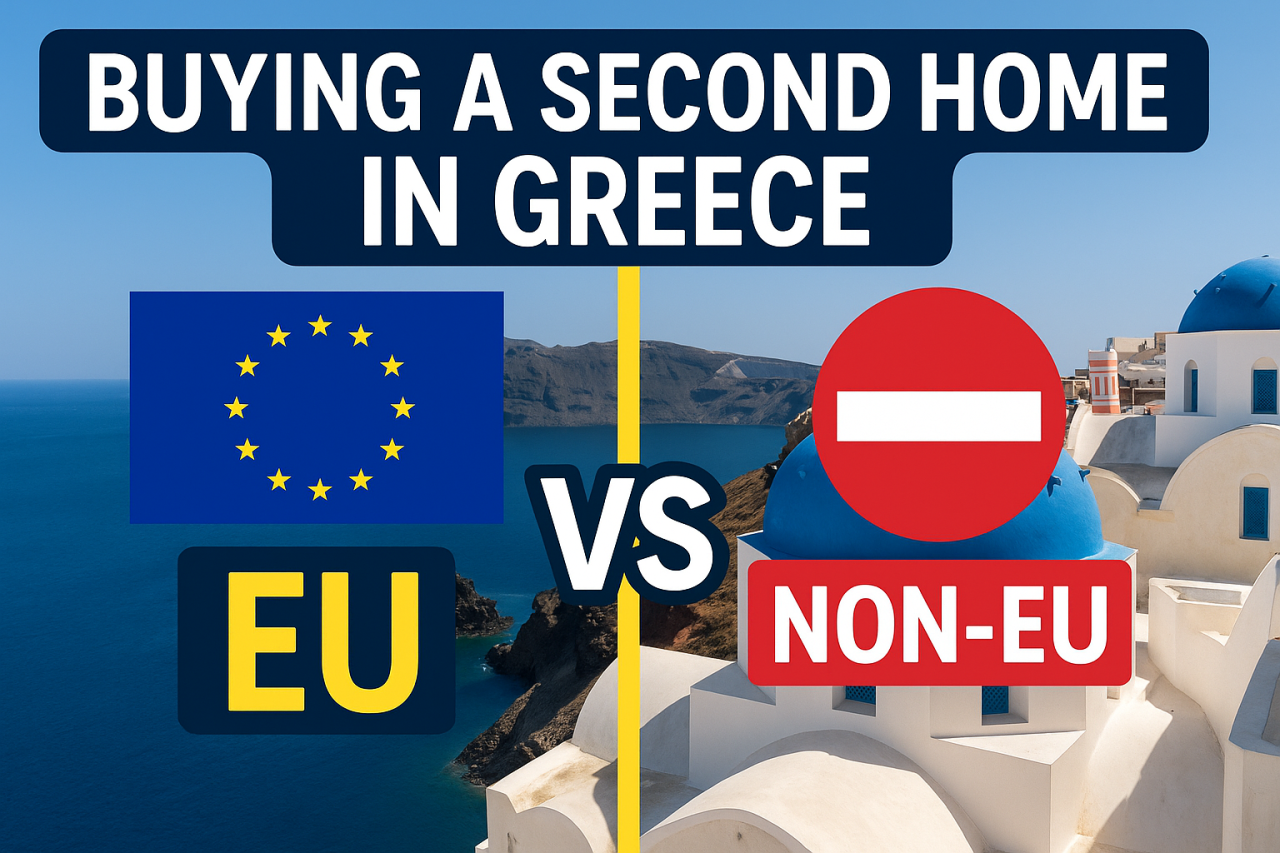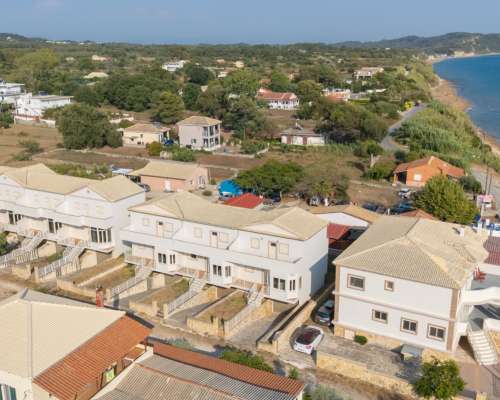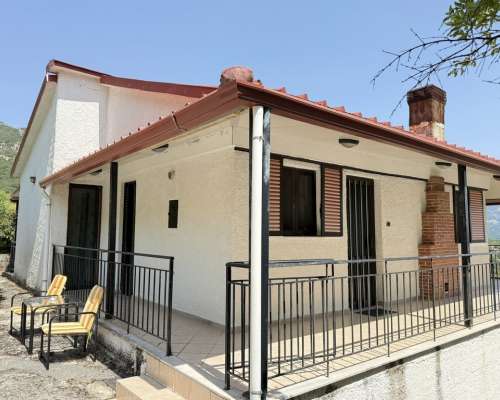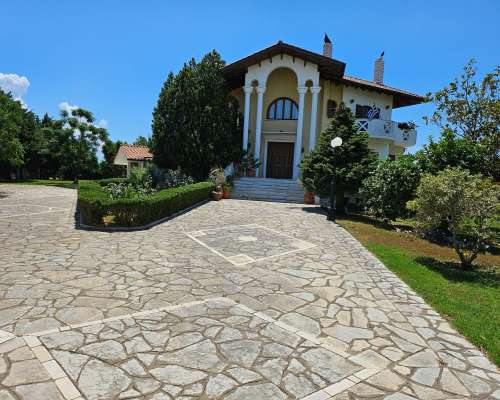
Buying a Second Home in Greece: EU vs. Non-EU Buyer Rules Explained
Greece is one of the most attractive destinations for buying a second home — with stunning beaches, relaxed living, and great value compared to other Mediterranean countries.
But if you're not Greek, how easy is it to buy?
The rules are different depending on whether you're an EU or non-EU citizen. Here's exactly what you need to know in 2025.
https://youtu.be/
Can Foreigners Buy Property in Greece?
Yes — both EU and non-EU citizens can buy property in Greece.
There are no restrictions for most areas, but the process, documents, and rights vary depending on your nationality.
EU Citizens – Buying a Second Home in Greece
If you’re from an EU member state, the process is simple:
No restrictions on where you can buy
No special permits required
You have the same property rights as Greek citizens
You can stay in Greece as long as you like (no visa needed)
You’ll need a Greek tax number (AFM) and Greek bank account
Tip: Many Europeans buy vacation homes in Crete, Corfu, or the Cyclades and spend half the year in Greece.
Non-EU Citizens – What’s Different?
Non-EU citizens can still buy a home in Greece — but with a few extra steps:
Location Restrictions:
Certain border zones (like parts of islands near Turkey or military areas) may require special permission from the Ministry of Defense.
In most tourist and urban areas, there are no restrictions.
Visa/Stay Rules:
Owning a home doesn’t automatically give you residency.
Without a visa, you can stay up to 90 days every 180 days (Schengen rules).
If you want to stay longer, you need a residence permit (like the Golden Visa).
Golden Visa Option:
If you buy a property worth €250,000+, you qualify for the Greek Golden Visa — a 5-year renewable residency for you and your family.
Tax Number & Banking:
Non-EU buyers must also get a Greek AFM and open a local bank account.
You’ll need a local lawyer and often a tax representative.
What’s the Buying Process Like?
For both EU and non-EU buyers, the process includes:
Getting an AFM (Greek Tax ID)
Opening a Greek bank account
Signing a preliminary agreement (with a deposit)
Conducting legal and title checks
Signing the final contract with a notary
A lawyer and notary are highly recommended for both buyer types.
Taxes & Fees to Expect
Transfer Tax: ~3.09%
Legal Fees: 0.5–1%
Notary + Registry: ~1.5–2%
Annual ENFIA property tax: varies by value/location
Final Thoughts
Whether you’re from France or Florida, Germany or Dubai — you can buy a home in Greece.
EU citizens enjoy fewer formalities, while non-EU buyers have more paperwork — but also the Golden Visa advantage.
Want to buy a second home in Greece?
We can guide you through the process, whether you're based in Europe or anywhere in the world.






